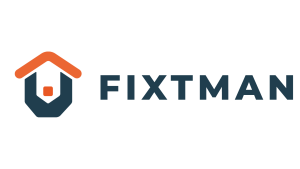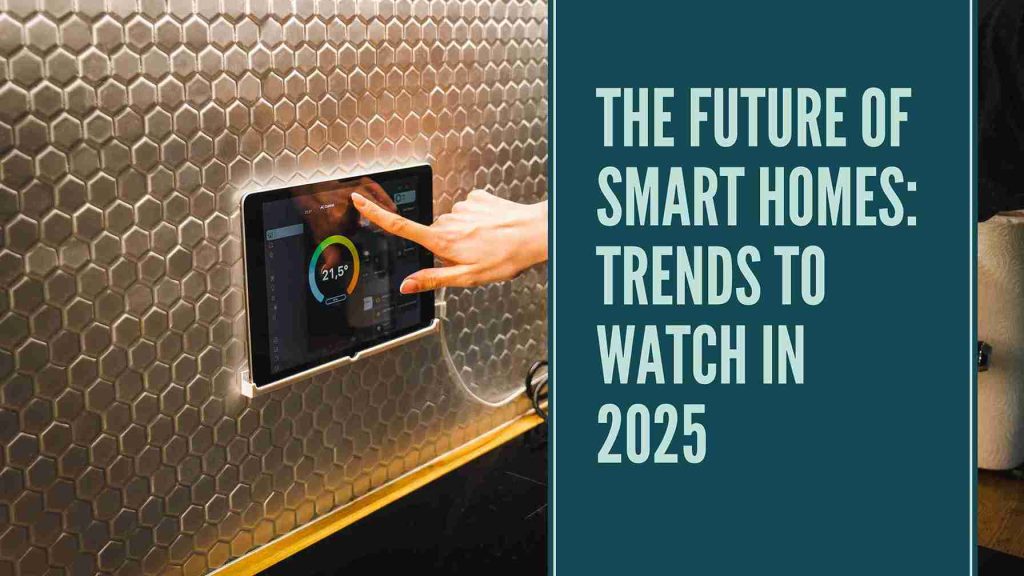Smart homes are no longer a futuristic concept—they’re here, evolving rapidly, and changing the way we live. With technology advancing at a record pace, 2025 is shaping up to be a transformative year in the world of home automation. From intuitive sensors to AI-driven personalization, the next wave of innovations is set to redefine comfort, efficiency, and security at home.
As homeowners seek more convenience and control, staying informed about the latest smart home trends 2025 becomes essential. Whether you’re planning your first upgrade or expanding an existing smart ecosystem, understanding what’s coming next can help you invest wisely.
This guide explores the most exciting upcoming devices, how to integrate technology seamlessly, why professional installation matters, and what to expect from setup services in 2025.
Upcoming Devices to Know
Technology is moving fast, and the next generation of modern smart devices will be smarter, more connected, and more capable than ever. Many new products are expected to hit the market in 2025 that promise to make homes more intelligent and intuitive.
1. AI-Enhanced Voice Assistants
Voice assistants are evolving beyond simple command execution. In 2025, AI models will make assistants more conversational and proactive. Expect devices that can suggest lighting moods based on your daily schedule or adjust your thermostat before you even ask.
These next-gen assistants will also better integrate with third-party apps, security systems, and wellness platforms, creating a seamless control hub across all your smart devices.
2. Smart Appliances with Predictive Maintenance
Refrigerators, washing machines, and ovens are becoming more intelligent. New models will monitor usage patterns, detect issues before they become problems, and even schedule their own maintenance. Imagine a dryer that reminds you to clean the lint trap or a fridge that orders groceries when you’re running low.
This kind of intuitive support is central to emerging home automation ideas that focus on efficiency and self-sufficiency.
3. Advanced Home Security Tech
Security systems in 2025 will go beyond motion detectors and basic cameras. Expect biometric door locks, facial recognition surveillance, and AI-driven threat detection that learns from behavioral patterns. These features enhance safety without sacrificing ease of use.
Drones for perimeter monitoring and smart windows that tint automatically for privacy are also entering the mainstream.
4. Health-Focused Smart Devices
Wellness continues to be a driving force in home tech. New products will monitor air quality, UV exposure, and sleep cycles. Smart mattresses, circadian lighting systems, and humidity-regulating HVAC systems are all part of a more holistic approach to home comfort.
These modern smart devices don’t just make life easier—they actively support better health.
Integrating Tech Seamlessly
Adding smart devices one by one often leads to frustration: apps that don’t sync, devices that don’t talk to each other, and multiple remotes or dashboards. The key to success in 2025 lies in seamless integration.
1. Centralized Ecosystems
Major brands like Google, Apple, and Amazon are doubling down on unified platforms that simplify device management. Matter, the universal smart home standard, will continue gaining momentum, allowing devices from different brands to communicate effortlessly.
Choosing devices that support a shared ecosystem ensures compatibility and better user experience. It’s a must for anyone embracing the top smart home trends 2025.
2. Custom Automations
Homeowners are moving away from basic routines and toward more advanced automations. For example, your system can lower blinds, adjust lighting, and play calming music when your smartwatch detects elevated stress levels.
Custom automations use inputs from multiple sensors and services, creating personalized experiences that feel natural rather than programmed.
3. Aesthetics Meet Function
Gone are the days of bulky cameras and clunky panels. The latest tech is designed to blend in. Devices now come in muted colors, minimalistic styles, and flush-to-wall profiles.
If your goal is a smart home that looks as good as it functions, focus on home automation ideas that consider design and architecture, such as hidden speakers or recessed lighting control panels.
4. Future-Proof Wiring and Networks
As devices become more powerful and data-hungry, network infrastructure matters. In 2025, smart homes will require robust Wi-Fi 6E or fiber-based connections, hardwired Ethernet for major hubs, and advanced mesh networking to eliminate dead zones.
Structured wiring and centralized control panels will help reduce clutter and improve response times for commands and automations.
Benefits of Professional Installation
While DIY options still exist, 2025 is making it clearer than ever: professional help can make or break your smart home experience. The complexity of integration, electrical setup, and long-term maintenance often exceeds the average homeowner’s skill set.
1. Avoid Costly Mistakes
Improper wiring, incompatible devices, and misconfigured automations can lead to frustration or even property damage. A trained installer ensures all components are installed safely and correctly—especially for high-voltage systems like smart thermostats or lighting control modules.
When exploring smart home trends 2025, it’s important to recognize how much precision goes into getting everything working the way it should.
2. Save Time and Stress
Researching each device, watching hours of setup tutorials, and troubleshooting network issues can eat up your valuable time. Professionals streamline the entire process, delivering a ready-to-use system you can enjoy immediately.
3. Better Customization
Installers can tailor the system to your lifestyle. Want motion-based lighting for midnight bathroom trips or a climate system that responds to outdoor weather changes? Professionals know how to program complex scenes that respond intelligently to real-world inputs.
They also help with advanced home automation ideas you might not think of—like whole-home audio tied to your wake-up routine or occupancy-based energy-saving modes.
4. Warranty Protection and Support
Many high-end devices require certified installation to maintain warranty coverage. Hiring professionals ensures your equipment is protected. You’ll also have someone to call if something needs updating, repairing, or reconfiguring later.
Services Covered: Smart Home Setup
As the demand for smart homes grows, so do the services available to support them. Here’s what you can typically expect from a professional smart home setup provider in 2025:
1. In-Home Consultation
Professionals evaluate your space, your goals, and your budget. They recommend compatible devices, layout planning, and network requirements.
2. Device Installation
They physically install everything from smart switches and thermostats to security cameras and blinds. Proper mounting, wiring, and calibration are handled so you don’t have to lift a finger.
3. System Integration
A complete smart home setup involves syncing devices with a centralized hub, configuring custom automations, and ensuring everything runs on a secure, stable network.
4. App Training and User Setup
Installers walk you through your system’s controls—whether it’s via a phone app, tablet, or in-wall display—so you can confidently manage your home.
5. Ongoing Support and Upgrades
Technology changes quickly. Many services offer maintenance plans that include firmware updates, system checks, and upgrade recommendations to keep your smart home running like new.
If you’ve ever tried setting up a multi-room audio system or struggled with six different apps to turn lights off, professional services are worth every penny.
Final Thoughts
The future of smart homes in 2025 is intelligent, personalized, and beautifully integrated. With the rise of modern smart devices and interconnected systems, homeowners can enjoy unparalleled convenience, efficiency, and security.
But to truly unlock the potential of these advancements, you need more than just the right devices—you need the right setup. Understanding the latest smart home trends 2025, thinking carefully about how devices work together, and enlisting professionals when needed will give you a smarter, smoother home experience.
Whether you’re just starting your smart journey or upgrading an existing system, these trends and strategies will help you build a future-ready home that works for you.



